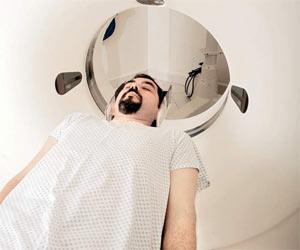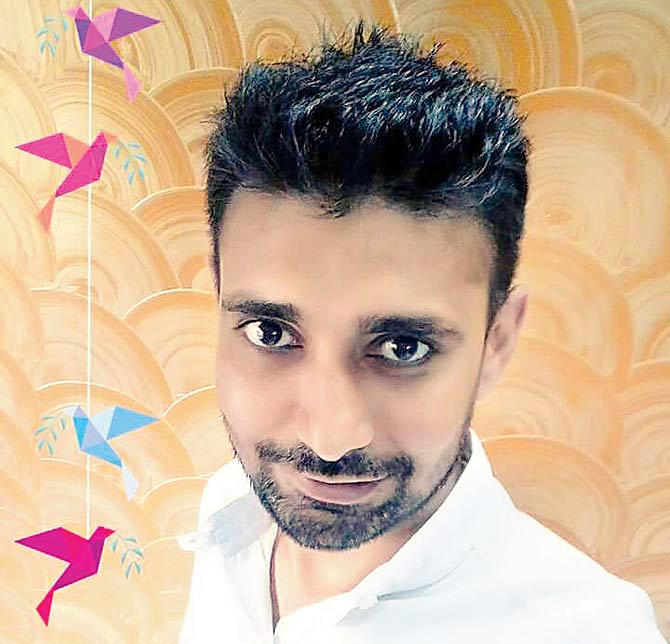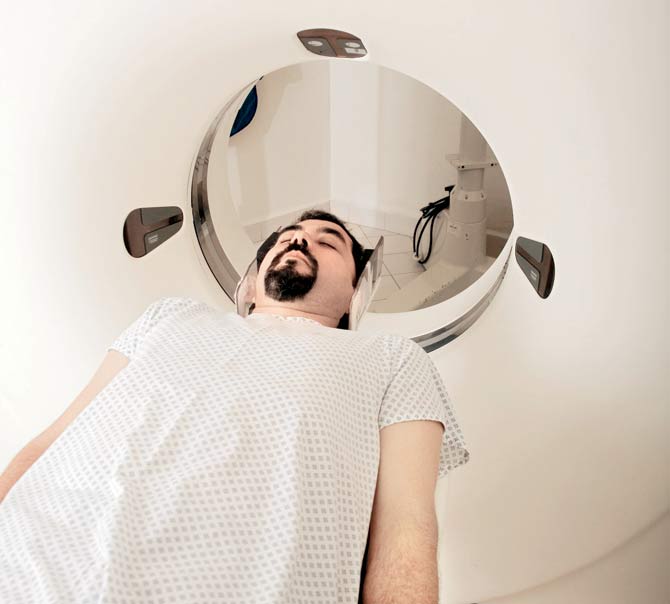Preliminary BMC probe report reveals that the metal scanner outside the MRI room wasn't working, which is a direct violation of government norms


Rajesh Maru was carrying a metal cylinder when he got sucked into the MRI machine at Nair hospital
The negligence of Nair hospital knows no bounds. It wasn't just the staff that failed to save Rajesh Maru from getting sucked into the MRI machine; it has been revealed now that there was a metal detector outside the MRI room, but it failed to sound an alarm when Maru walked through it with an oxygen cylinder in his hands. BMC's preliminary investigation has revealed that not just Nair, but most civic hospitals don't have functioning metal detectors.

The BMC is mulling over adopting a multi-level security system to keep metal objects from entering MRI centres. Representation pic/Thinkstock
As per the guidelines laid down by the central government, all MRI centres should be secured with a metal detector outside, to prevent patients or visitors from entering the room with any metal objects. This rule is in place for good reason, as was tragically demonstrated on January 27, when Rajesh Maru got pulled into the MRI machine at Nair hospital, along with the liquid oxygen cylinder he was carrying.
Also read - Mumbai MRI death: Philips team to inspect machine in Nair Hospital
"Not having a working metal detector was a major security lapse at Nair hospital's radiology department. This is a violation of government rules, but most BMC-run hospitals don't follow the norm anyway," said a senior health official. "Most BMC hospitals face the same issue; some don't even have a metal detector, while others have dysfunctional sensors," the official added. Dr Ramesh Bharmal, dean of Nair hospital, remained unavailable for comment.
While the authorities now have to determine who is responsible for this negligence that led to Maru's death, they are also formulating a Standard Operating Procedure (SOP) to improve safety at all MRI centres. Under this SOP, civic officials are now considering adopting a multi-level metal detection process across all MRI centres.
Tata sets an example
The BMC would do well to follow the example of the Tata Memorial-run Advance Centre for Treatment, Research & Education in Cancer (ACTREC) in Kharghar, which has a three-level process for screening metal objects before entering the MRI room. Ironically, ACTREC learnt its lesson the hard way too, after a technician got pinned to the MRI scanner in 2014. Following the incident, the hospital implemented a three-door security system.
The first level is a doorway with a metal detector to pick up on any metal items that patients or staffers might be carrying. In case, any metal is detected, the siren starts blaring and the patients are searched thoroughly. The second door is secured with a biometric lock that can only be opened by registered MRI technicians. The third door is finally opened by an employee from inside, after the patient has cleared the first two levels.
"After the incident, we introduced the three-level metal detection process. This helps us to be extra careful in preventing such incidents from repeating," said HKV Narayan, administrative head of the hospital. He added, "The Parel hospital too has a two-level system, with a guard who checks the patients, along with a metal detector."
New MRI centres
The BMC's new SOP will also focus on distributing the patient burden better, by opening more MRI centres. Currently, only four major hospitals – Cooper, Nair, Sion and KEM – and two tertiary hospitals – Shatabdi hospitals in Kandivli and Govandi – have MRI facilities. The civic body intends to introduce MRI machines at Rajawadi hospital and another centre.
Download the new mid-day Android and iOS apps to get updates on all the latest and trending stories on the go
 Subscribe today by clicking the link and stay updated with the latest news!" Click here!
Subscribe today by clicking the link and stay updated with the latest news!" Click here!









